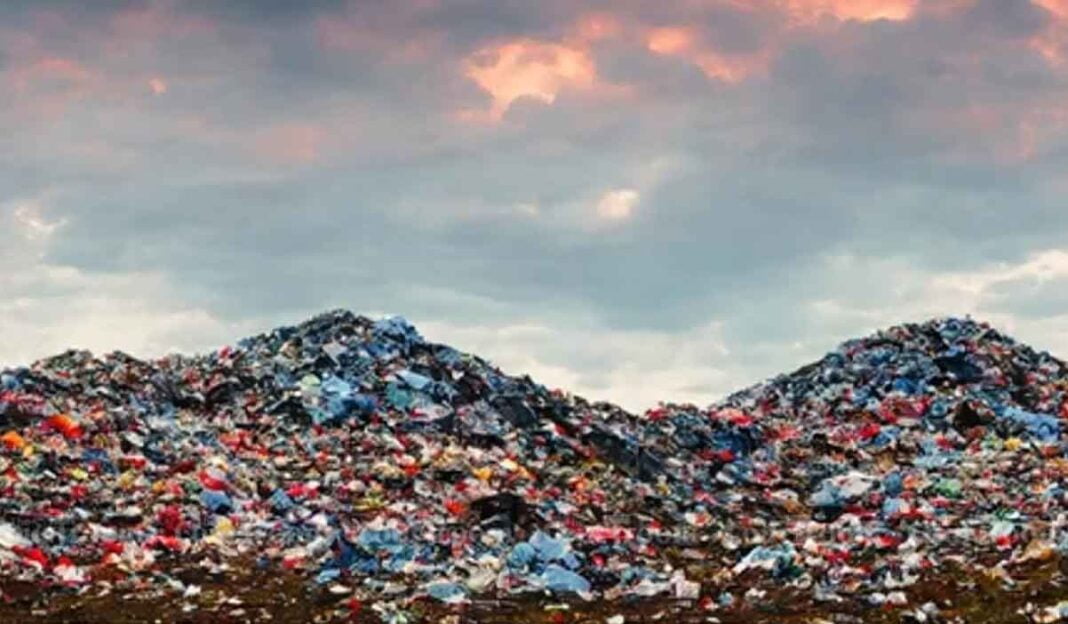The Supreme Court on Thursday set aside the National Green Tribunal’s (NGT) 2020 order, which had directed the closure of a garbage processing plant (GPP) in Baner, Pune.
The court deemed shutting down the plant as being against public interest.
A bench consisting of Justices B R Gavai, P K Mishra, and K V Viswanathan noted that closing the plant would require transporting organic waste from Pune’s western areas across the city to Hadapsar in the east, which would cause a foul odor and public nuisance.
The verdict was delivered in response to appeals from the Pune Municipal Corporation and others, who had challenged the NGT’s October 2020 decision to close the plant and relocate it per Central Pollution Control Board guidelines. The operator of the plant had filed a review petition, which the NGT dismissed in December 2020.
The Supreme Court observed that the NGT’s order was based on a plea to halt the operations of the Baner GPP. It further pointed out that the land allocated for the plant had been reserved for waste processing since 2002 and was not initially intended for a biodiversity park, as previously claimed.
The court found that shutting down the GPP would harm public interest, emphasizing that decentralized waste processing, as outlined in the 2016 Solid Waste Management Rules, minimizes transportation costs and environmental impact. The bench also acknowledged that Pune has implemented 48 GPPs citywide, producing biogas from organic waste, which fuels public transport buses.
The court overturned the NGT’s 2020 orders but instructed the Pune Municipal Corporation and the plant operator to follow the recommendations provided by the National Environmental Engineering Research Institute (NEERI). These recommendations include reducing odor, covering the slurry-making area, and improving the overall hygiene of the plant.
The corporation was also directed to install portable compactors with hook mechanisms, construct a bitumen road to the waste segregation plant, concrete the reject area to prevent water accumulation, and build a shed by December 2024 to cover the reject area. Additionally, the court urged the state government to explore creating Miyawaki forests in the nearby biodiversity park to enhance greenery.
The court mandated NEERI to conduct an environmental audit of the GPP every six months, ensuring that all recommendations from the audits are followed.
(With inputs from agency)
Share your news, articles, deals, columns, or press releases with us! Click the link to submit and join our platform today.


